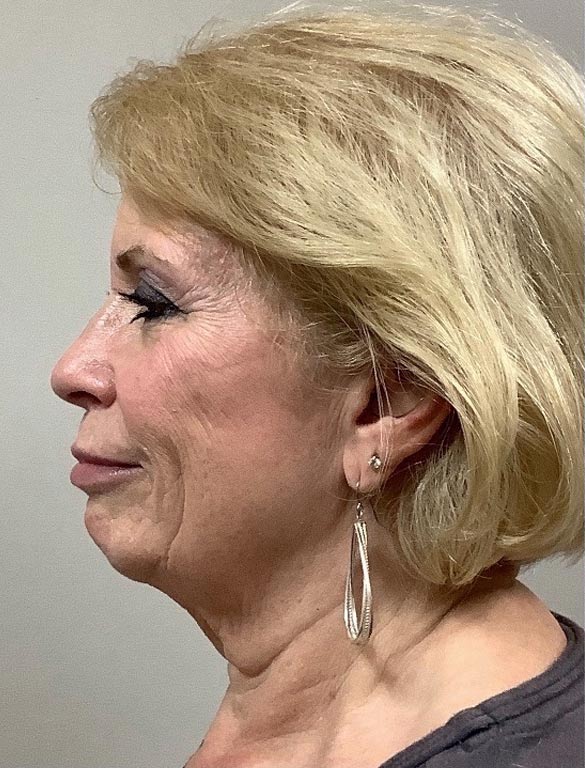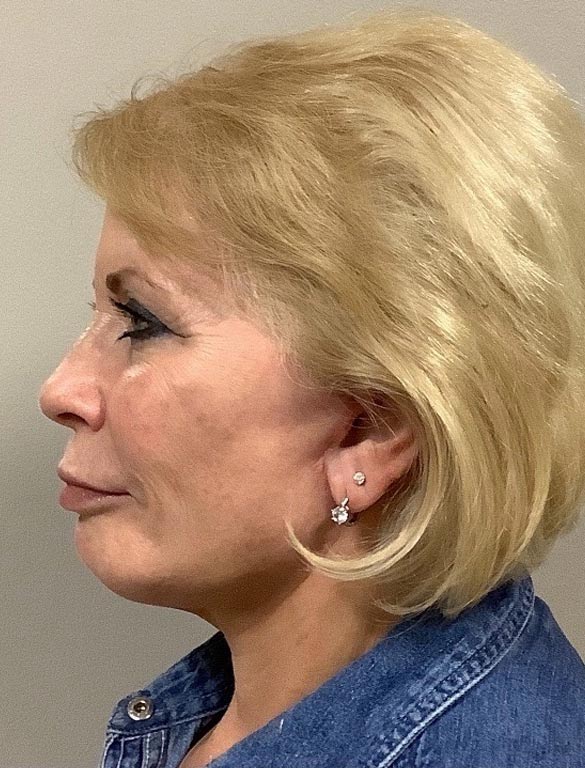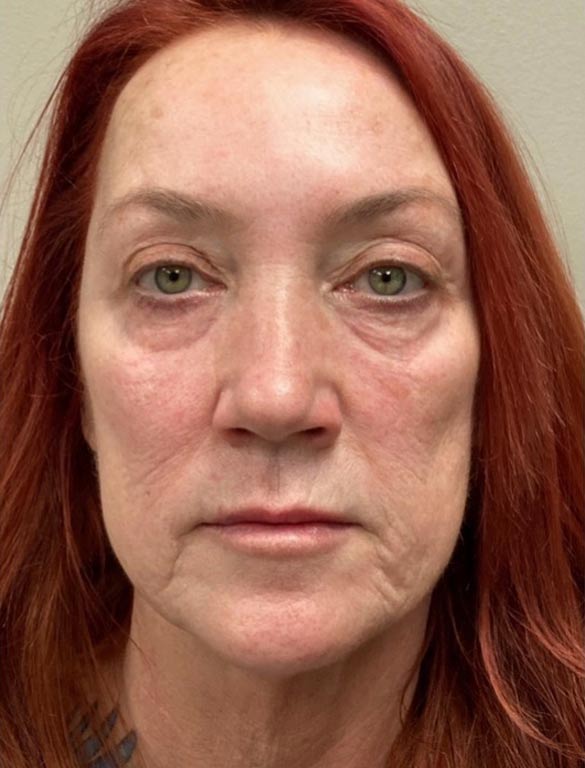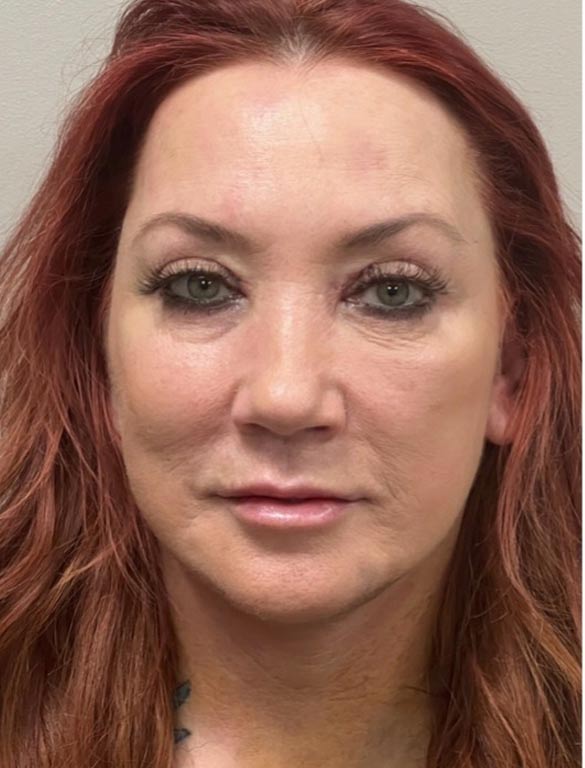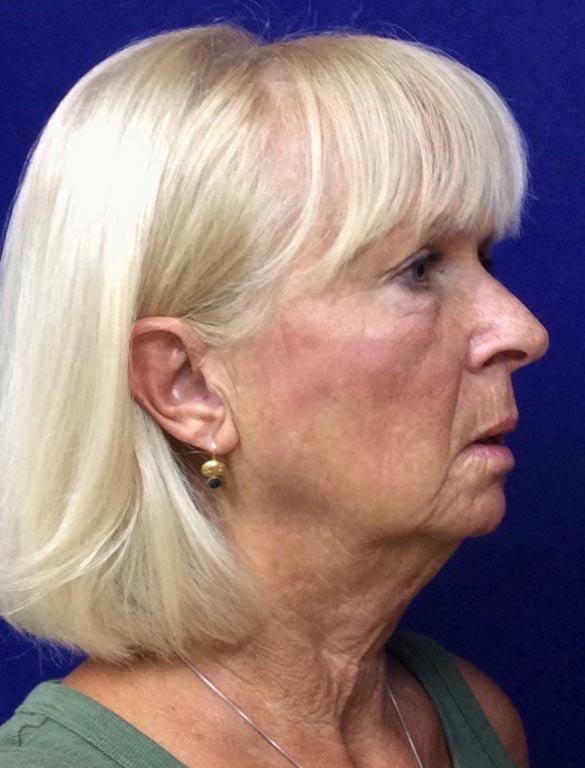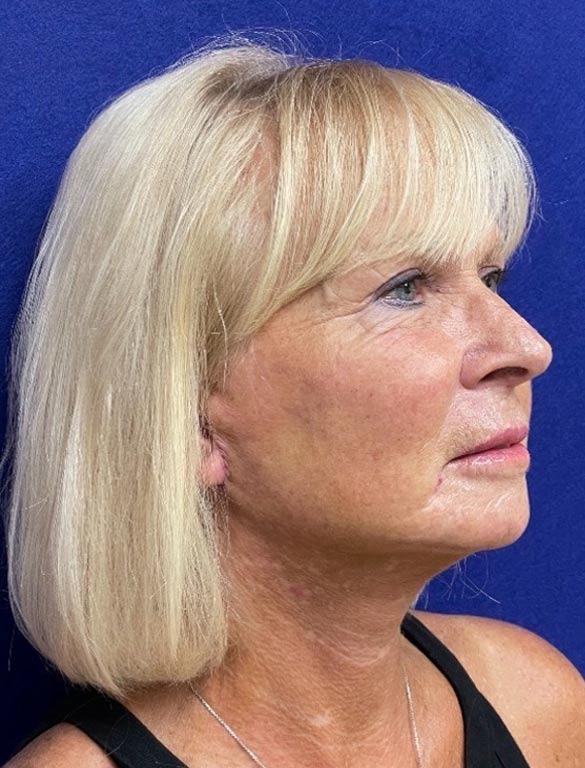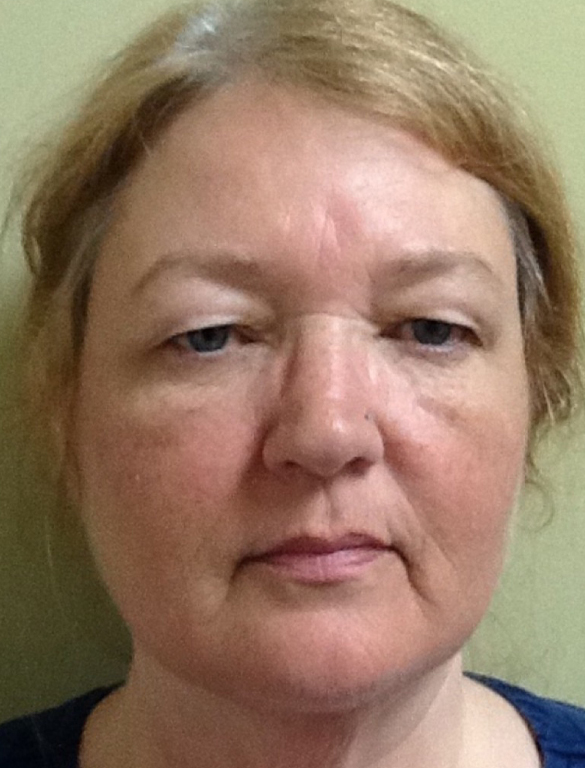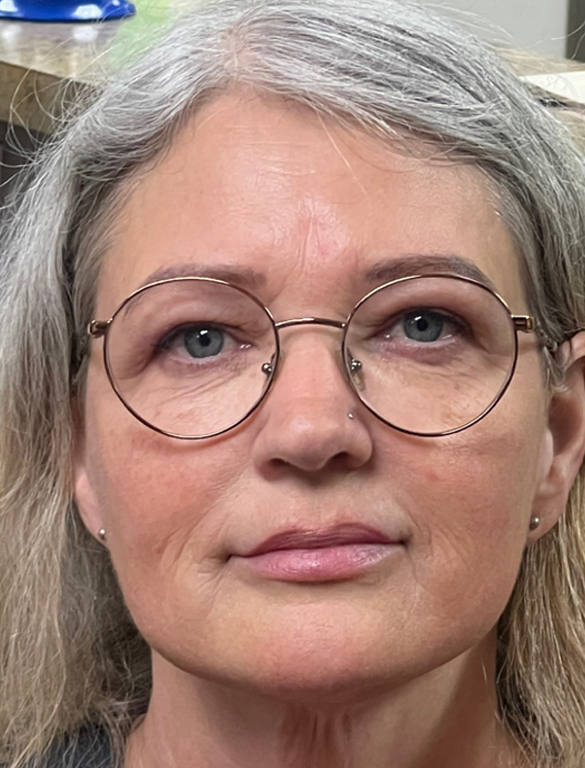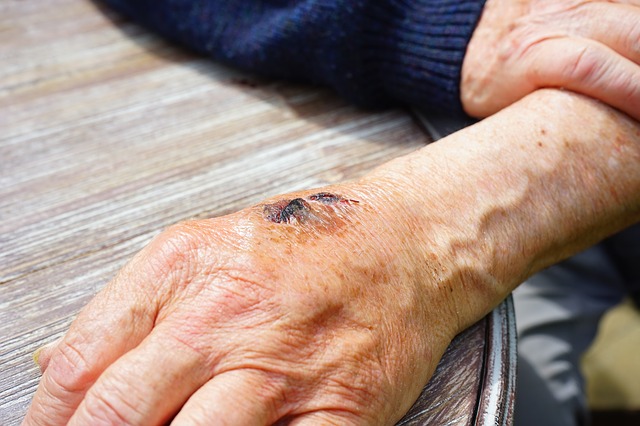Vein disease is a more common struggle than many people realize and there are many stages of severity, from mild spider veins to swollen limbs and bulging varicose veins that cover a person’s legs entirely. Though there isn’t any one reason that vein disease develops, there are some factors that contribute to the likelihood of developing a venous insufficiency. Five of those factors are listed below.
A Genetic Predisposition
Vein disease in all its forms and stages is largely hereditary, which means that if you have a mother or grandmother who had spider veins or varicose veins, your chances of developing the same are greatly increased. If you haven’t developed any vein disease yet, you may want to look back in your family line to see if there’s a greater chance of you developing the same at some point in the future.
Weight Struggles
If you’re carrying extra weight, you are putting undue pressure on your legs to carry that extra weight. This pressure can make it more difficult for the veins in the legs to pump blood as effectively, causing poor circulation, which in turn can develop into damaged veins. The more extra weight you carry, the more pressure you’re putting on your veins and the more likely you are to develop a vein disease.
Smoking
Smoking harms almost every organ within the body, including the heart and blood vessels. Chemicals in tobacco smoke harm blood cells and can damage the function of your heart and the structure of your blood vessels while increasing your risk for atherosclerosis. Atherosclerosis is a disease in which plaque builds up in the arteries, making it harder for blood to flow properly. Clogged arteries lead to damaged veins.
Pregnancy
A pregnant woman’s body increases in blood volume significantly during pregnancy. It also decreases the speed that the body returns blood from the legs to the pelvis. These changes put a lot of pressure on nearby veins which can prompt the development of varicose veins.
Age
As the body ages, many organs struggle to function as well as they once did and the veins are no different. Older people are more prone to developing varicose veins and spider veins than younger people, particularly if they also are experiencing some of the above mentioned factors as well.
If you’re suffering from venous insufficiencies and want to treat spider veins or varicose veins, give us a call to talk about our vein treatment options.

